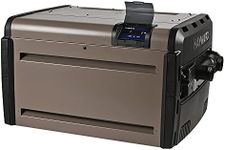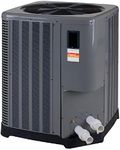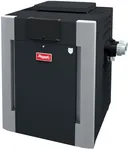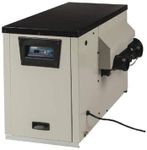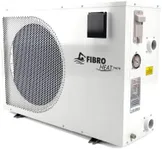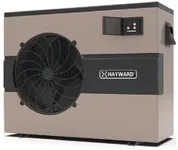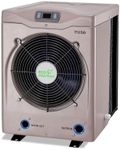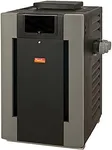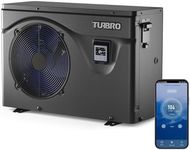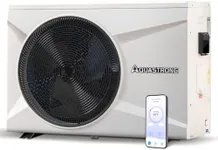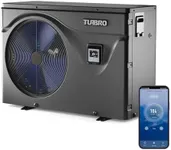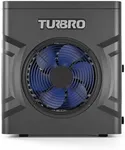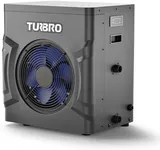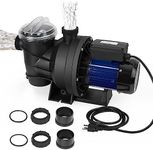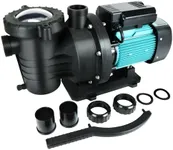Buying Guide for the Best Pool Heaters
Choosing the right pool heater can significantly enhance your swimming experience by extending the swimming season and ensuring comfortable water temperatures. When selecting a pool heater, it's important to consider various factors such as the size of your pool, your climate, and your heating preferences. Understanding the key specifications will help you make an informed decision that best suits your needs.Type of HeaterThere are three main types of pool heaters: gas heaters, electric heat pumps, and solar heaters. Gas heaters are powerful and can quickly heat your pool, making them ideal for those who want to use their pool on demand. Electric heat pumps are energy-efficient and work best in moderate climates, as they extract heat from the air. Solar heaters are environmentally friendly and cost-effective in the long run, but they depend on sunny weather and may require a larger initial investment. Choose the type that aligns with your climate, usage patterns, and environmental preferences.
Heating Capacity (BTU)Heating capacity, measured in British Thermal Units (BTU), indicates how much heat the heater can produce. A higher BTU rating means the heater can warm the pool faster. For small pools or spas, a heater with a lower BTU rating (100,000-200,000 BTU) may suffice. Medium-sized pools typically require 200,000-300,000 BTU, while large pools may need 300,000 BTU or more. To determine the right capacity for your pool, consider the pool size, desired temperature increase, and how quickly you want the pool to heat up.
Energy EfficiencyEnergy efficiency is crucial for reducing operating costs and environmental impact. Look for heaters with a high Coefficient of Performance (COP) for heat pumps or a high thermal efficiency percentage for gas heaters. A higher COP or efficiency rating means the heater uses less energy to produce the same amount of heat. If you plan to use your pool frequently, investing in a more efficient heater can lead to significant savings over time. Consider your usage patterns and prioritize energy-efficient models to minimize long-term costs.
Climate SuitabilityThe climate in your area plays a significant role in determining the best pool heater for you. Gas heaters perform well in any climate, as they are not dependent on air temperature. Electric heat pumps are most effective in moderate to warm climates, as they rely on extracting heat from the air. Solar heaters are ideal for sunny regions with long swimming seasons. Assess your local climate and choose a heater that will perform optimally in your specific conditions to ensure consistent and efficient heating.
Installation and MaintenanceConsider the ease of installation and maintenance when selecting a pool heater. Gas heaters typically require professional installation and regular maintenance to ensure safe operation. Electric heat pumps are relatively easy to install but may need occasional servicing. Solar heaters can be more complex to install due to the need for solar panels, but they require minimal maintenance once set up. Think about your willingness to handle installation and maintenance tasks, or whether you prefer to hire professionals, and choose a heater that aligns with your preferences.
Cost of OperationThe cost of operating a pool heater can vary significantly depending on the type of heater and local energy prices. Gas heaters generally have higher operating costs due to fuel prices, but they heat the pool quickly. Electric heat pumps have moderate operating costs and are more energy-efficient, making them a good balance between performance and cost. Solar heaters have the lowest operating costs since they use free solar energy, but their performance can be weather-dependent. Consider your budget for ongoing energy expenses and choose a heater that offers a good balance between upfront cost and long-term operating expenses.
